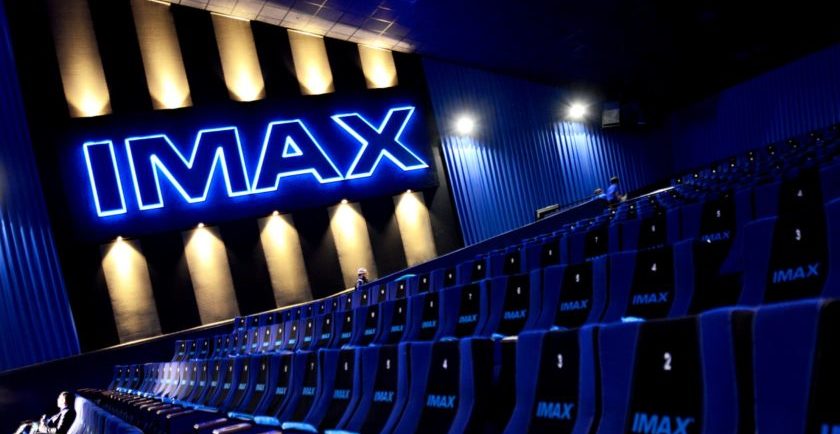M+E Connections

IMAX Boosts Plan for Pilot VR Centres to 10 Locations By Year End
Story Highlights
IMAX now plans to open 10 pilot VR Experience Centres globally by the end of this year, up from the six that it previously projected for 2017, according to company executives.
The company has hosted more than 200 virtual reality demos at its initial location, in Los Angeles, since opening Jan. 6 and the response has been “amazing,” Mark Welton, president of IMAX Theatres, said at an IMAX Investor Day event that was webcast May 11. He indicated that the strong response led IMAX to decide to open additional pilot locations by year end.
Previously, IMAX said it would next open a pilot location at the AMC Kips Bay multiplex theatres in New York City. The company had also said prior to May 11 that the New York Centre would be the second location and would be followed by additional locations in Shanghai, Tokyo and Manchester, U.K., as well as –—depending on what published report one looked at — either another location in Los Angeles or one in New York.
The additional pilot locations this year will include locations in Houston, Texas and Canada, Welton said May 11. An additional location in New York will be done at a Regal theatre, he said.
The Kips Bay theatre in New York was chosen because it’s a “high-traffic” multiplex that about 1 million moviegoers visit each year, Welton said. Construction started there May 10 and it will open Memorial Day weekend this month, with about 12 VR pods, he said. IMAX will be testing different configurations at the new pilot Centres, including at least one with less than 10 pods, he said.
With about 10 pods per center, each location can generate about $15,000 per week in revenue for a total of $780,000 annually in revenue, CFO Patrick McClymont said.
About 35% of that revenue can be subtracted due to the cost of content licensing, leaving “just north” of $500,00 to be split between it and exhibitor partners, he said. He added that there would be about $350,000 in upfront costs including $50,000 in marketing costs for each Centre, so the end result is expected to be “north of” $100,000 in profitability for each location annually. That’s “compelling” economics on a per-unit basis, he said.
VR stands to attract more consumers into participating multiplexes, and those partners — not IMAX — will benefit from the additional concession food and beverage sales that are expected, he said.
“While virtual reality is a significant opportunity for IMAX, we believe that management is taking reasonably cautious steps forward” with the venture, Wedbush Securities analyst Michael Pachter said in a research note May 12.
New IMAX businesses that the company is “less enthusiastic about” than VR, meanwhile, include its Shift indoor fitness and IMAX Private Theatre home theatre installation businesses, McClymont also said May 11.
The company decided to shut down its Shift indoor cycling studio in Brooklyn and is not moving forward with that business, he said, calling that an “interesting idea that there was a lot of merit to.” The “key learning” from that test, however, was that it was not close enough to its core business to leverage any of the company’s strengths, he said.
“The home theatre business is more of a question mark” for IMAX, he said. IMAX is seeing “strong signings and the backlog continues to grow” for installations in that business, but he said the company was “disappointed by the pace of installation.” One problem with that business is that it’s hard to predict new home constructions, he said. As a result, IMAX decided to search for a third-party partner to provide capital, he said, adding the company will see what happens with that strategy over the next few months.









